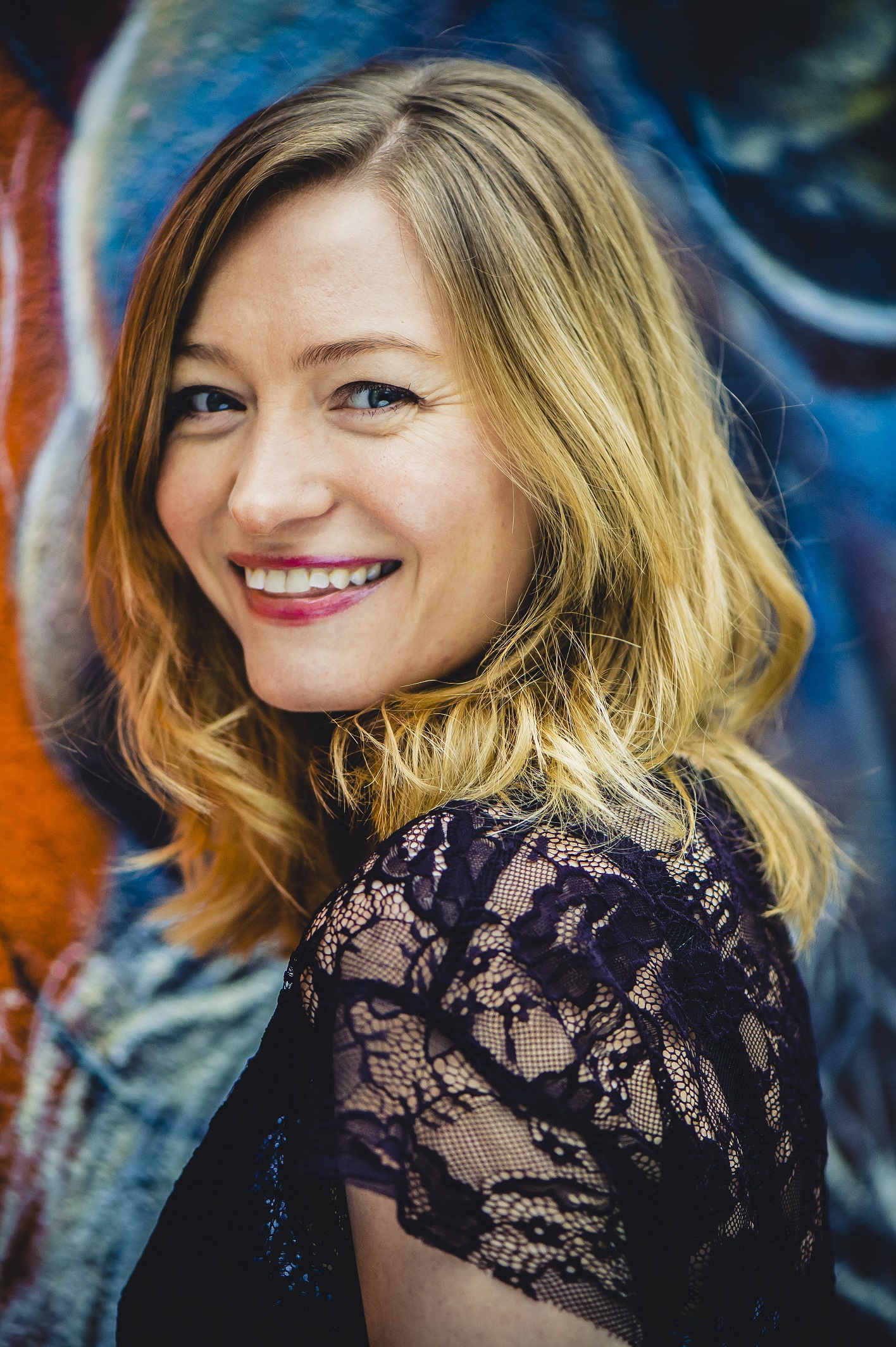The Doomsday Club by Kevin Moran
Kevin, tell us The Doomsday Club
Jack and Conan's friendship is officially dead. Stuck in detention with Yash and Jerry after an all-out brawl in the toilet, it’s a terrible start to sixth class. And that’s before they witness a monstrous beast step out of a portal outside their school. When it wanders into the crumbling mansion across the road, where the sinister Mr Kilroe lives, the boys follow. They have to investigate, right?
Unlocking Mr Kilroe’s secrets is only the beginning. Because there’s more than one otherworldly horror hiding in that house and confronting it will put Jack and Conan in mortal danger – that’s if they don’t kill each other first…
Tell us about your publication journey
It’s been a long one! I spent many years writing quite a long, epic YA fantasy and had some luck with it, winning a spot in ‘Date With An Agent’ at the International Literature Festival Dublin twice. I also did a lot of workshops during this time with Big Smoke Writing Factory and the Irish Writers Centre, which really helped me learn the craft. From those workshops I found the writers’ group I’m in today, which is absolutely invaluable. Eventually, that YA fantasy seemed to be going nowhere, so I put it aside to write what would become ‘The Doomsday Club.’ I came close with a couple of agents and then, in 2023, two things happened at once: I entered both the Staróg Prize (run by Walker Books, literary agent Polly Nolan and The Sunday Independent) and the Pitch Perfect event with The O’Brien Press, both of which could result in a publishing contract. The O’Brien Press requested the full manuscript and, as they were deciding on it, I came runner-up in the Staróg Prize, winning a mentorship with Polly Nolan and Walker Books. Shortly after that, The O’Brien Press offered me a contract! As they say, there are decades where nothing happens and years where decades happen.
Do you have an agent?
No, I’ve been very lucky to get published without an agent. However, I hate contracts so if any agents are reading this, I’d love to work with you!
What has surprised you about the publication journey?
Having been working at being published for a while and having friends who were published, I had a fair idea of how it all worked. I was surprised how many people outside of your editor read the manuscript before publication. In The O’Brien Press, everything is shared, which I think is lovely.
How many drafts did you do of The Doomsday Club?
It’s hard to know, mainly because I kept making the rookie mistake of rewriting as I was writing. I’ve kicked that habit, thankfully. But it was quite a few drafts!
Are you a planner?
Big time. I’ll have a detailed synopsis and a chapter breakdown before I start. Of course, there’s always wriggle-room for change.
What is your favourite thing about the writing process?
Planning. I love dreaming up ideas and piecing the story together. The later drafts are also very satisfying. It’s like the house is finally built and now you get to pick out the furniture.
And your least favourite thing?
The first draft. As I said, I’m getting better at writing it down without being precious about it but there’s something so daunting about a blank page.
Do you think being a teacher makes writing for children easier in any way? If so, why?
I think it gave me a better insight into the way kids talk and interact, and what their tastes are. The Doomsday Club was specifically inspired by teaching 6th class in an all-boys school; how boys on the cusp of adolescence treat each other, the pressure they put on each other (and themselves) and the sort of hierarchies that develop. Of course I’m pulling from my own experience too but I think my insight as a teacher should hopefully make it ring true.
What advice would you give people who would like to write for children?
I’m a firm believer that the best advice is the most boring, oft-repeated advice. With that in mind, you have read a lot and write a lot. Read widely in the genre you want to write and realise you’re going to have to write a lot of really terrible pages before you write any good ones. Never in a million years did I think I’d abandon that first book I wrote but it wasn’t a waste—it taught me how to write.
What are you working on now?
I’m very lucky that a sequel to The Doomsday Club has already been greenlit so I’m busy finishing the first draft and trying not to rewrite as I do! Aside from that, I always have multiple works-in-progress brewing away in the back of mind.
Author, Kevin Moran
Kevin Moran is a children's author and primary school teacher from Castlebar, County Mayo. He was runner-up in the Staróg Prize for children's fiction in 2023. He wrote his first book, 'Ghost Invaders', when he was six. It remains buried in an attic, unpublished. When not writing, he can often be found on the beach near his home in Dublin, being walked by his surprisingly strong golden retriever.
The Doomsday Club is available from March 2025 in all good bookshops. Buy it here from Halfway up the Stairs.












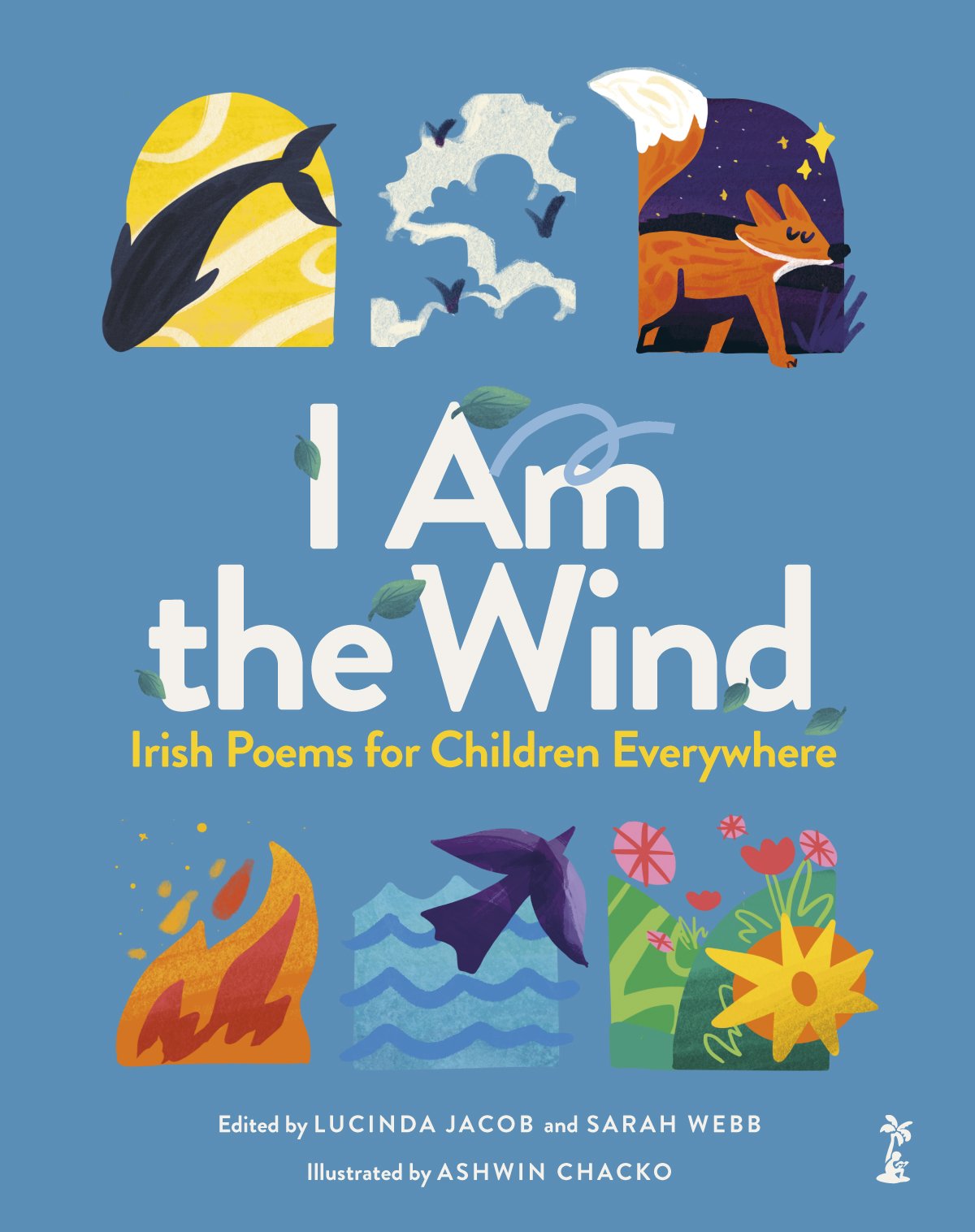

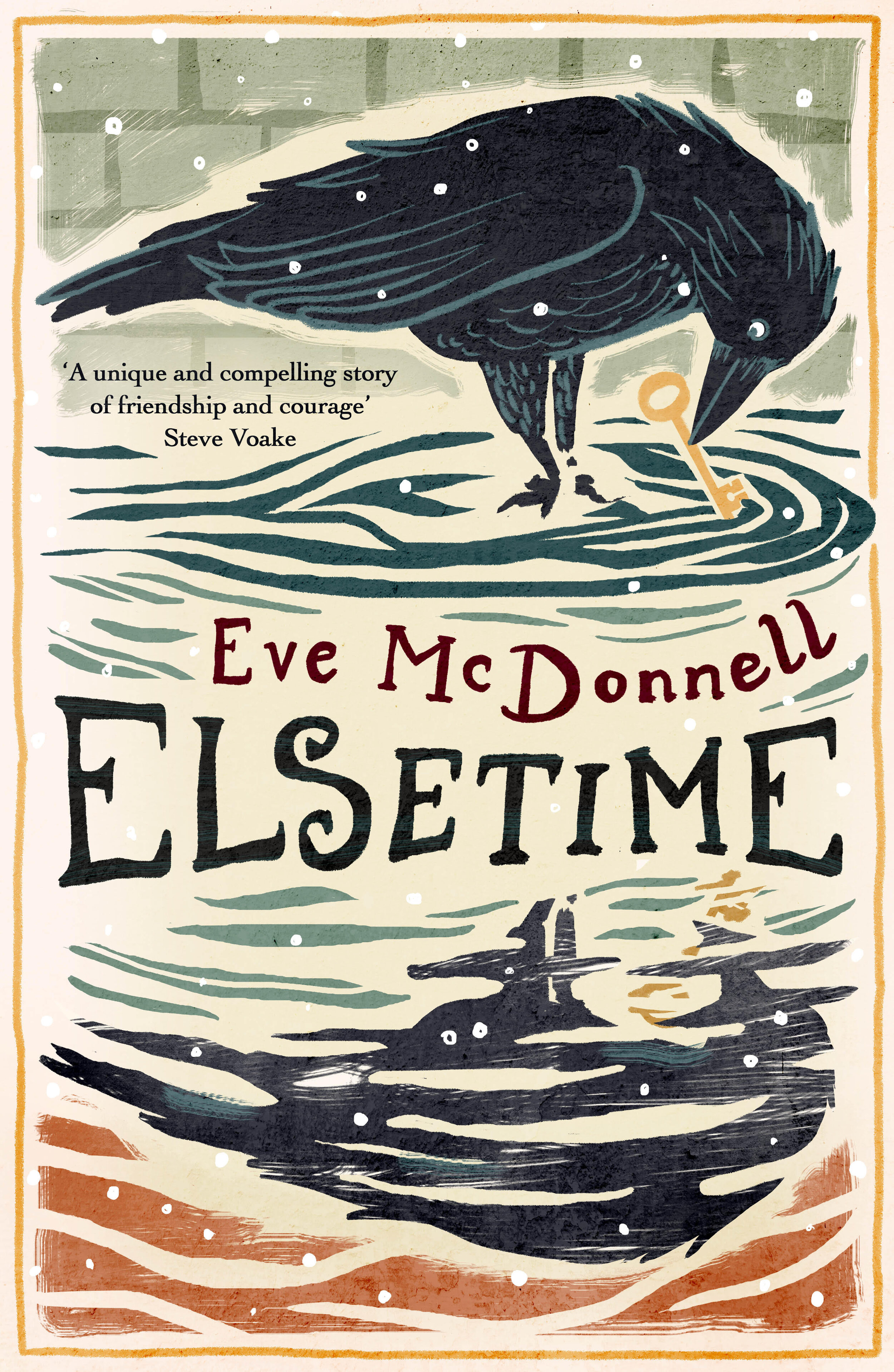
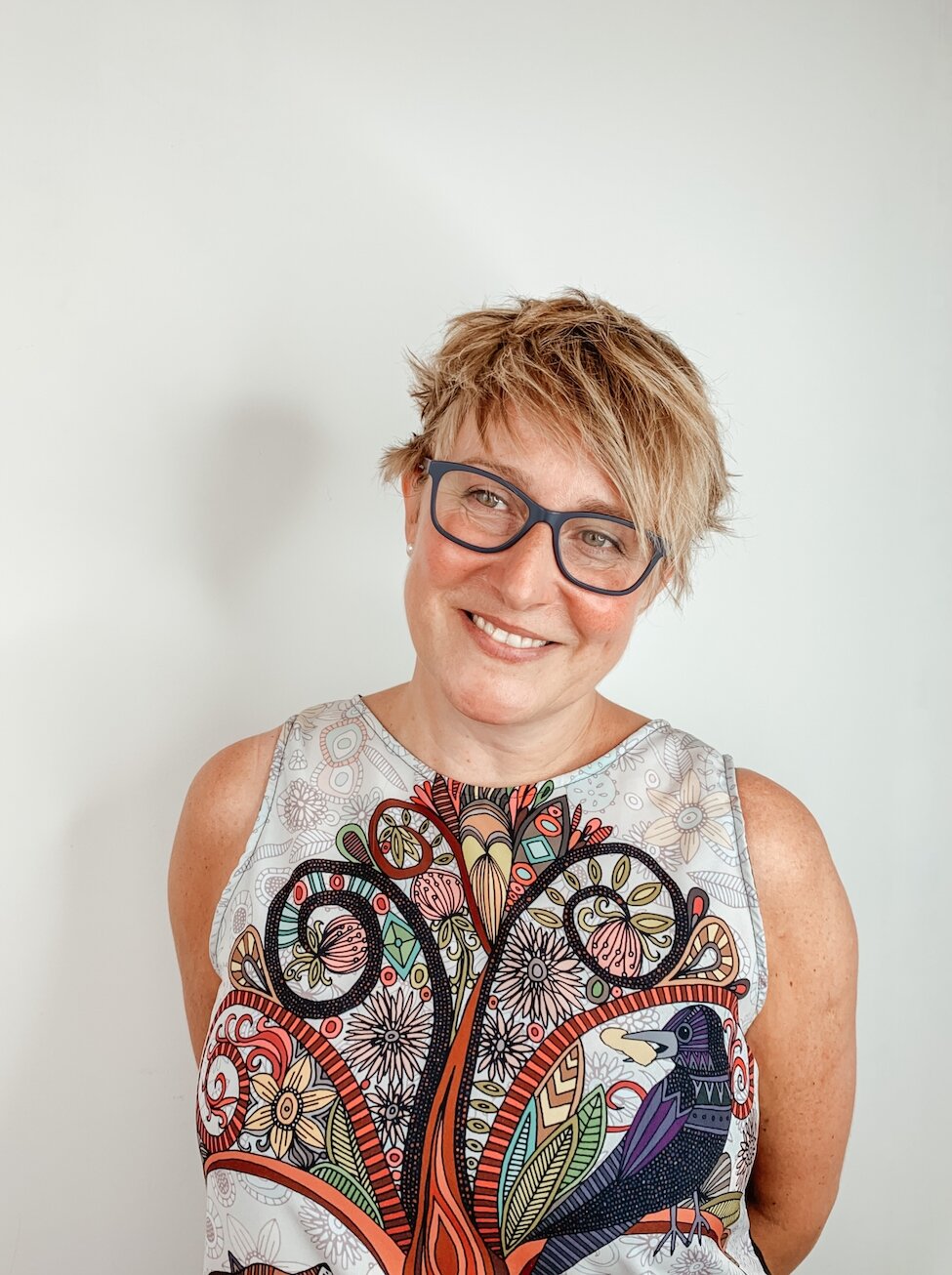

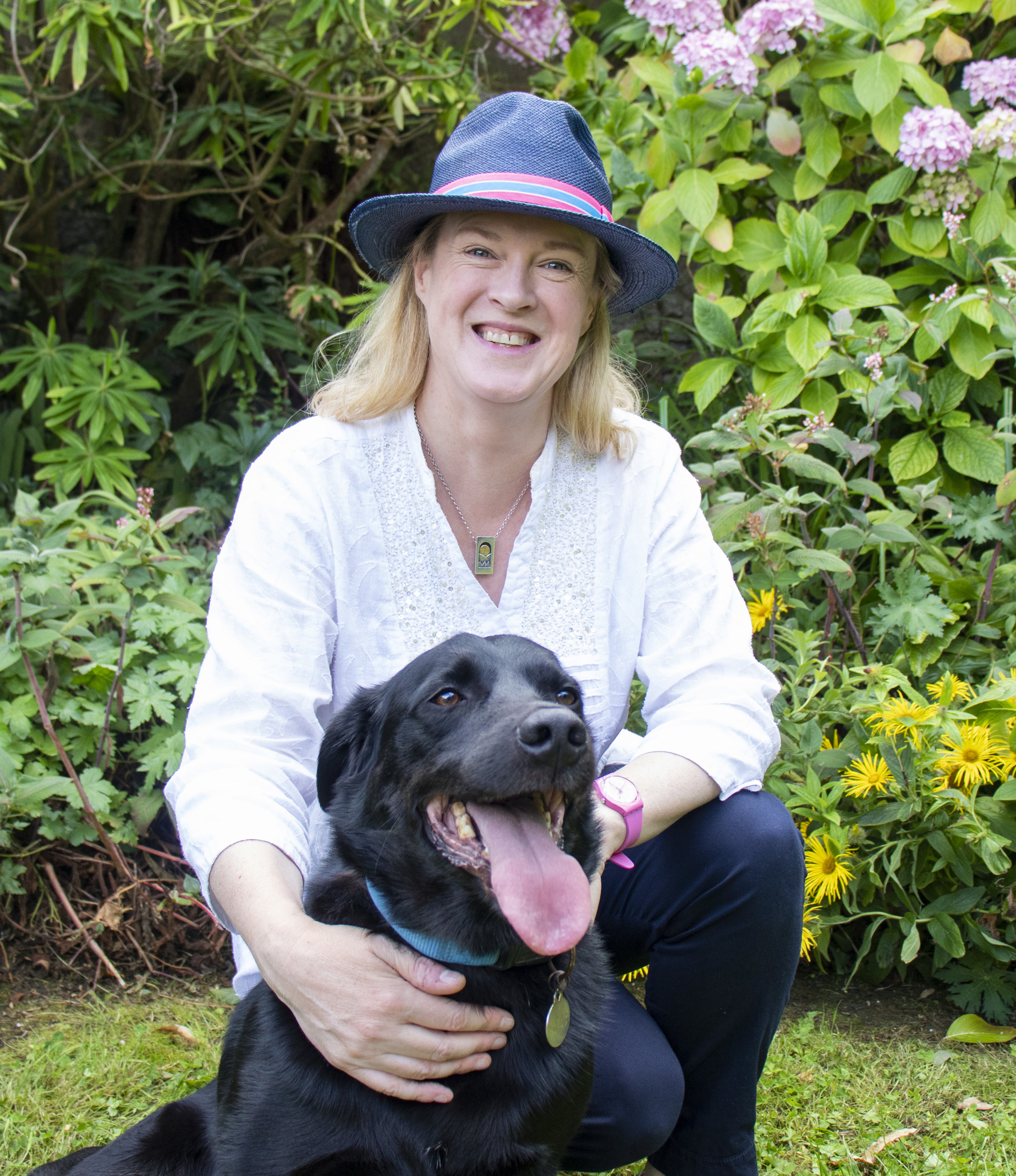







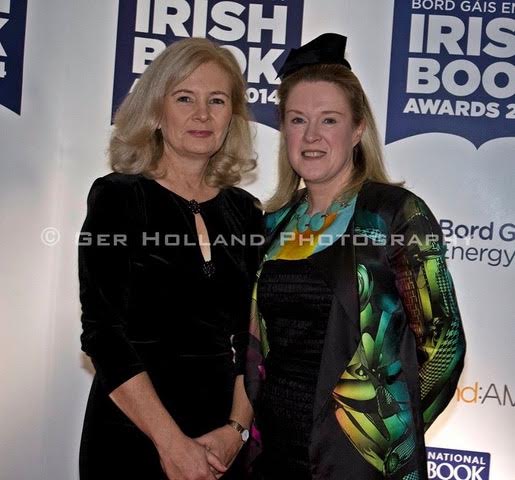
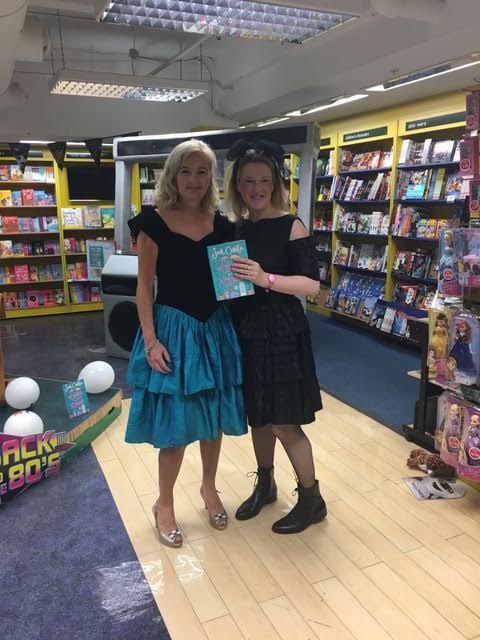
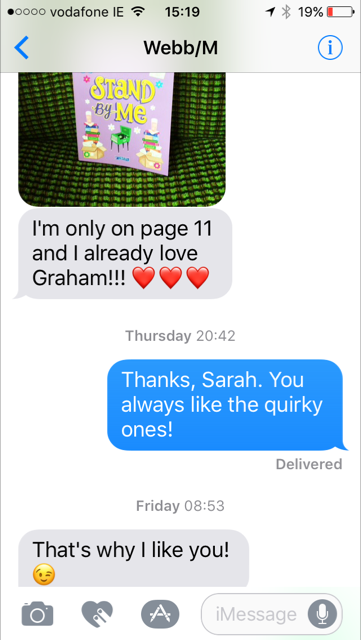
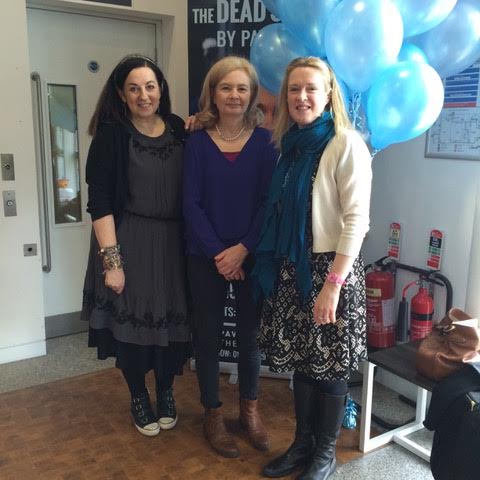

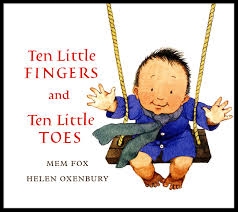
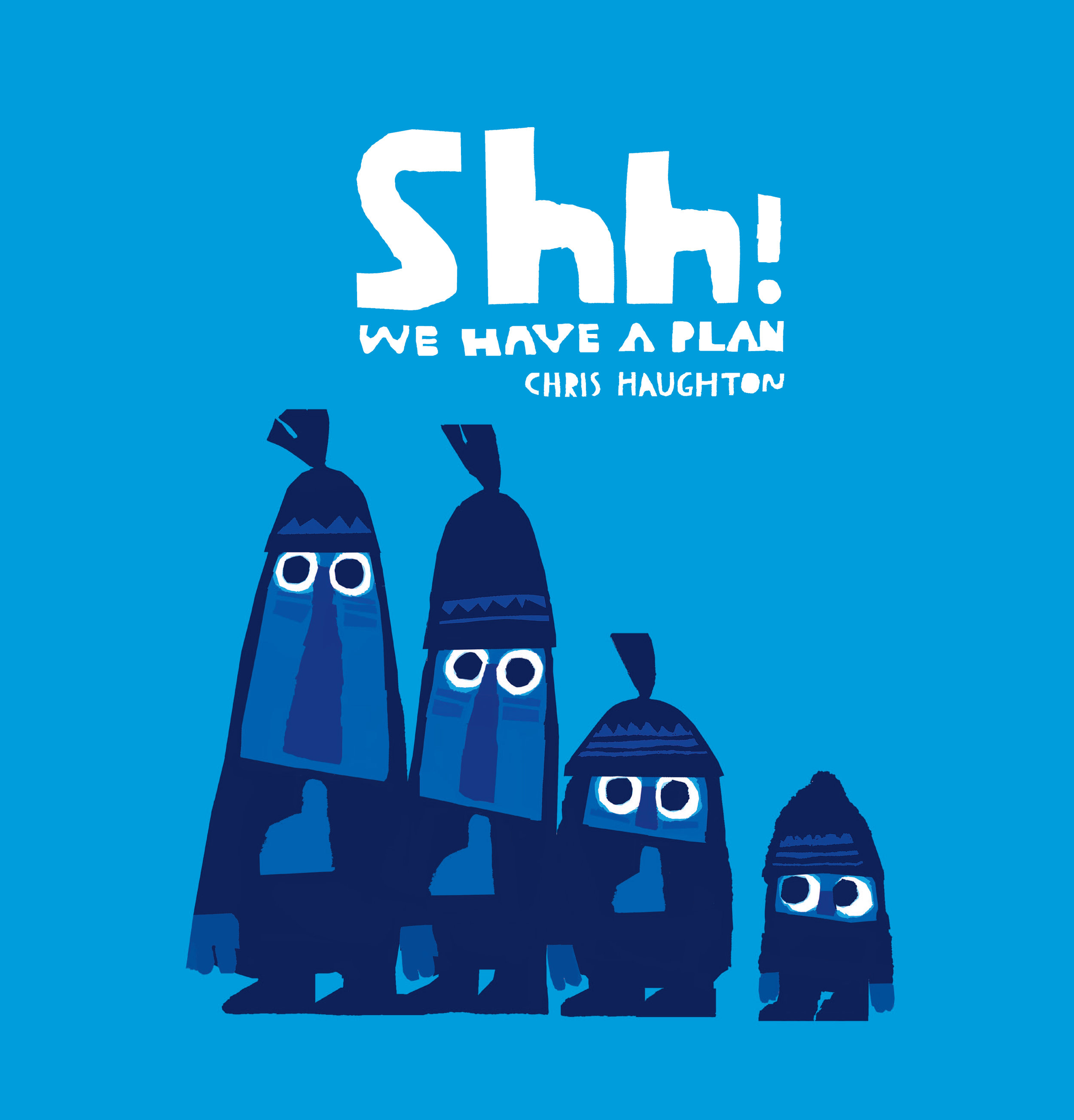

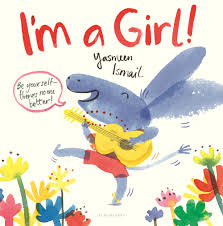
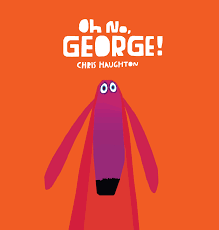
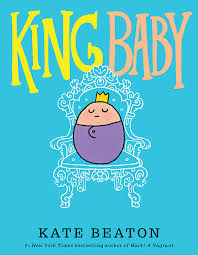
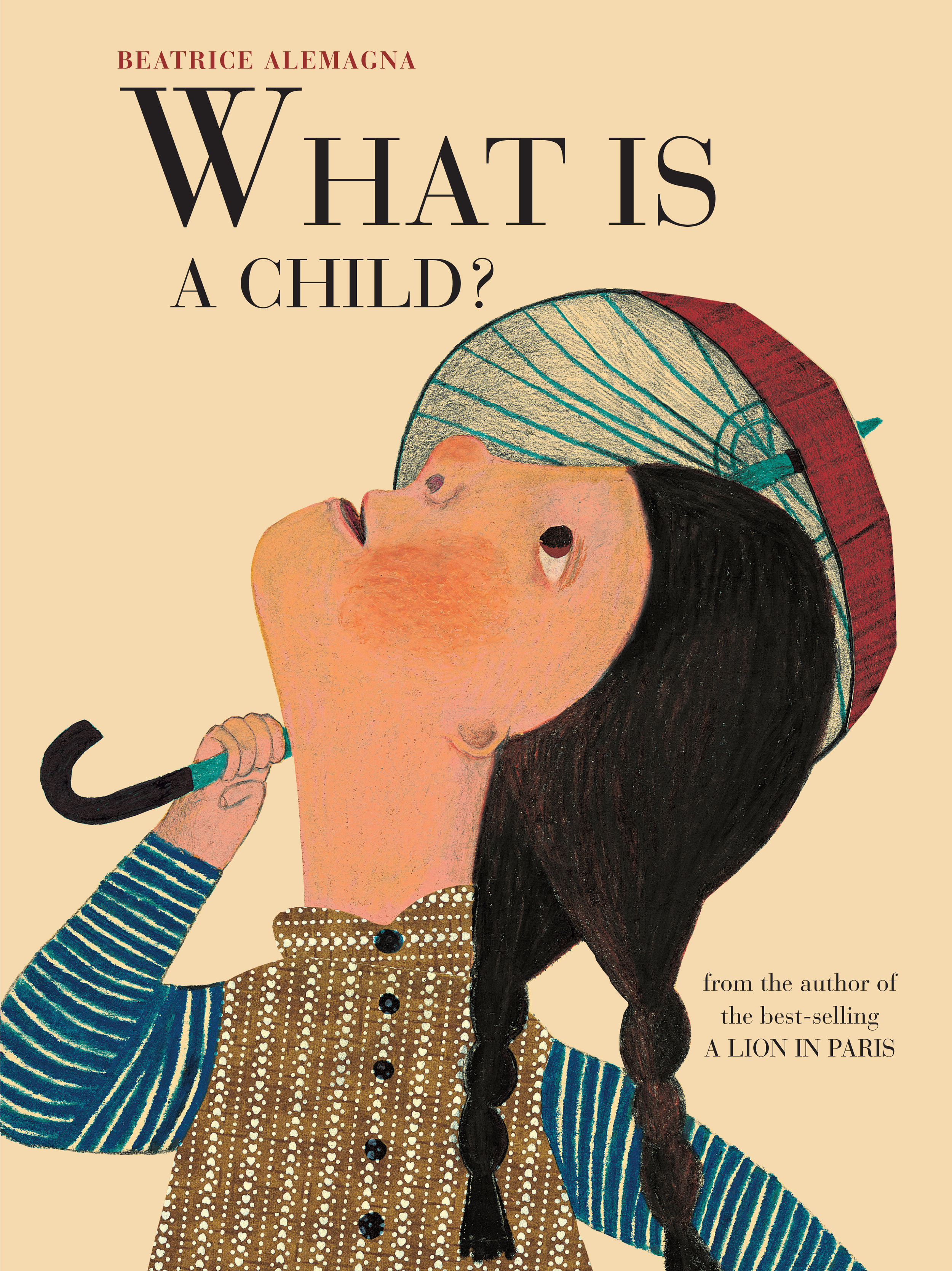

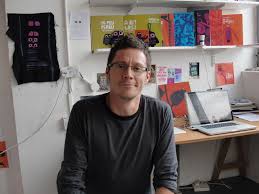


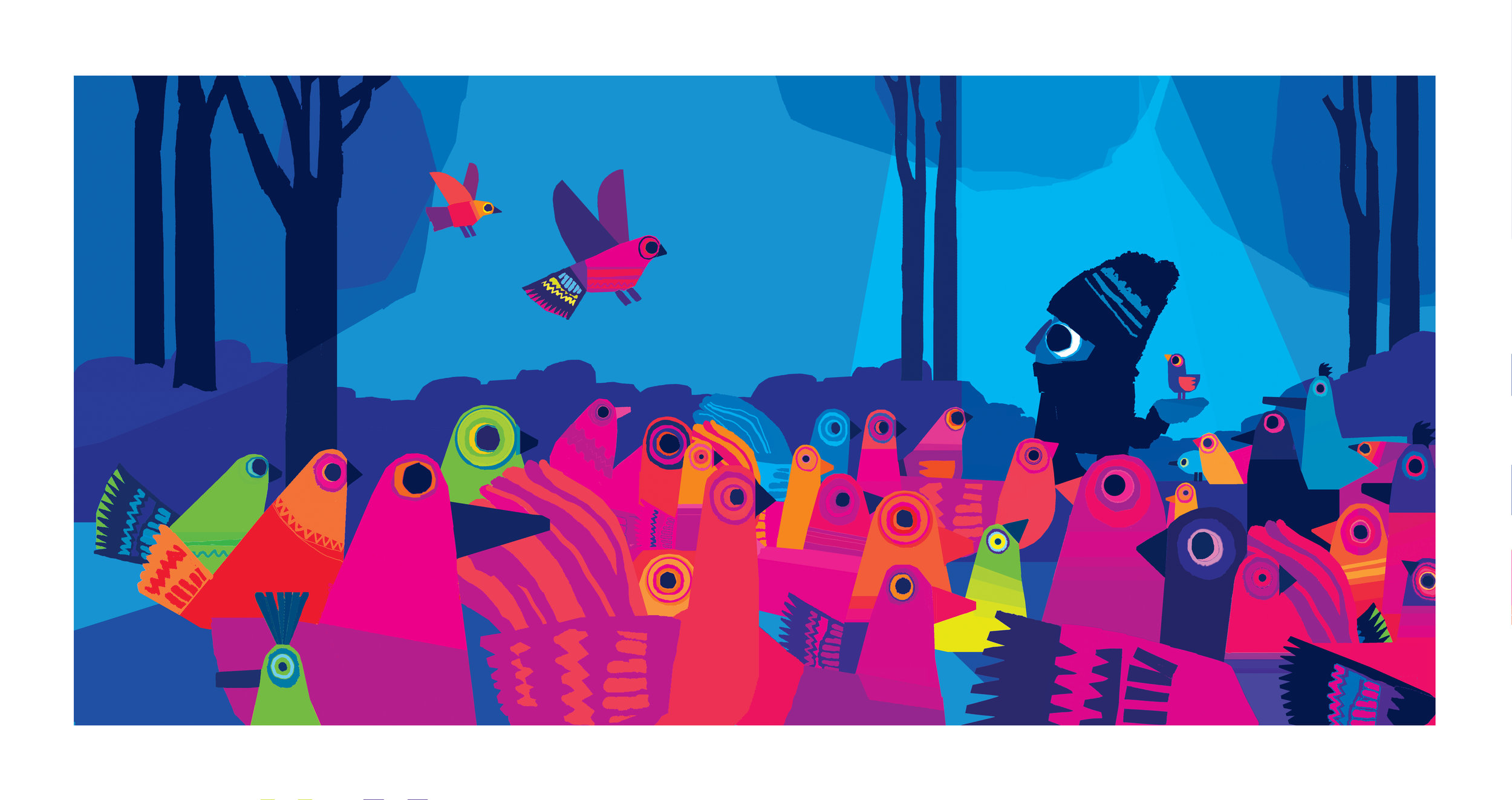
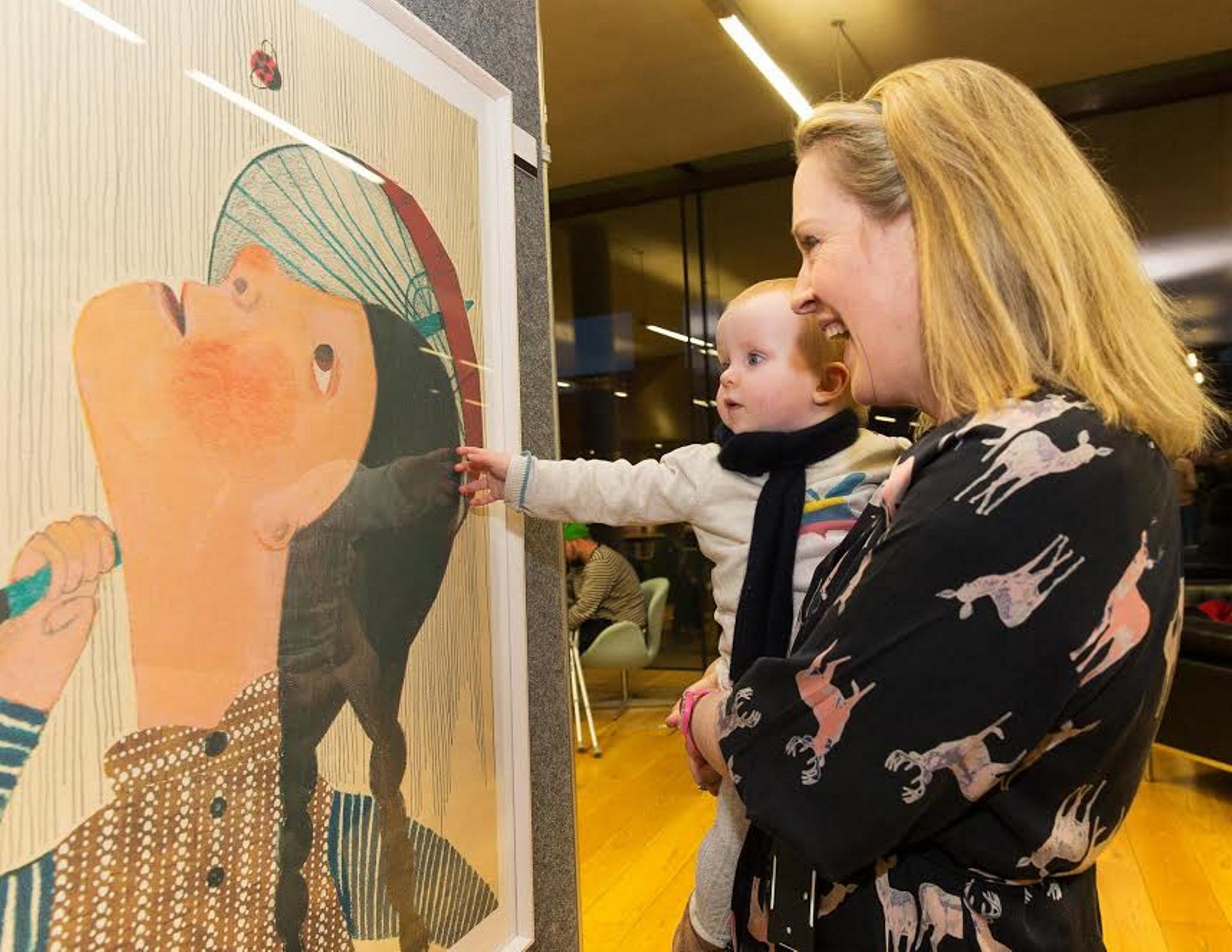

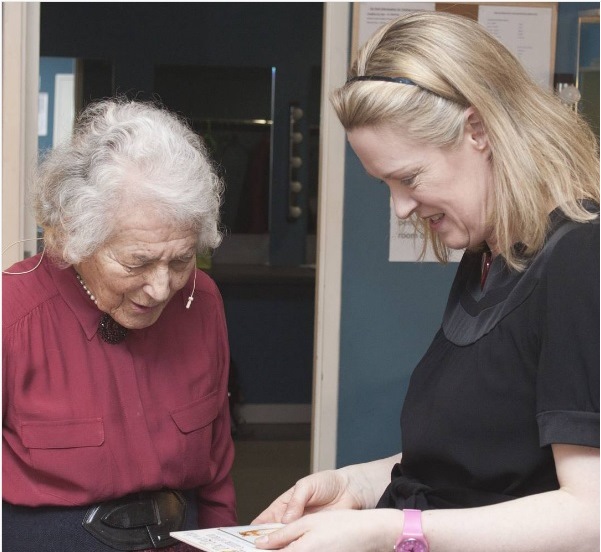
![IGFA3351[2].jpg](https://images.squarespace-cdn.com/content/v1/58973315e4fcb5808a5b7d9e/1491330855707-PFL0KUANLK1QTQ8G5ZNU/IGFA3351%5B2%5D.jpg)
![IMG_3190[1].JPG](https://images.squarespace-cdn.com/content/v1/58973315e4fcb5808a5b7d9e/1491330998720-IHMFQUESOLX8MKJVI6Y1/IMG_3190%5B1%5D.JPG)
![IMG_3287[1].JPG](https://images.squarespace-cdn.com/content/v1/58973315e4fcb5808a5b7d9e/1491331069958-OREGPJWZUD5VX3I5QJXM/IMG_3287%5B1%5D.JPG)
![IMG_3082[1].JPG](https://images.squarespace-cdn.com/content/v1/58973315e4fcb5808a5b7d9e/1491331189617-GI8WW0NYAJ6V8IC7DZF9/IMG_3082%5B1%5D.JPG)
![IMG_3079[1].JPG](https://images.squarespace-cdn.com/content/v1/58973315e4fcb5808a5b7d9e/1491331181274-BOPI0U93NWEK8S1LCIWR/IMG_3079%5B1%5D.JPG)
![IMG_3101[1].JPG](https://images.squarespace-cdn.com/content/v1/58973315e4fcb5808a5b7d9e/1491331201499-GHGY2JZXEL2H0Z5MP0RJ/IMG_3101%5B1%5D.JPG)
![IMG_3125[1].JPG](https://images.squarespace-cdn.com/content/v1/58973315e4fcb5808a5b7d9e/1491331229842-X1WPQ5Q03LL36P706M3O/IMG_3125%5B1%5D.JPG)
![IMG_3183[1].JPG](https://images.squarespace-cdn.com/content/v1/58973315e4fcb5808a5b7d9e/1491331234805-9KF75THUB3DBKM0T6CUP/IMG_3183%5B1%5D.JPG)
![IMG_3195[1].JPG](https://images.squarespace-cdn.com/content/v1/58973315e4fcb5808a5b7d9e/1491331254073-Q5TTL583HJIN6I0B3H0L/IMG_3195%5B1%5D.JPG)
![IMG_3191[1].JPG](https://images.squarespace-cdn.com/content/v1/58973315e4fcb5808a5b7d9e/1491331285903-12PQFGCYMSLV81CHJ69S/IMG_3191%5B1%5D.JPG)
![IMG_3232[1].JPG](https://images.squarespace-cdn.com/content/v1/58973315e4fcb5808a5b7d9e/1491331327505-8ZZL1EF9XVZYPO0OZZEE/IMG_3232%5B1%5D.JPG)
![IMG_3216[1].JPG](https://images.squarespace-cdn.com/content/v1/58973315e4fcb5808a5b7d9e/1491331299379-YWVL62N1RO5MFDAUU9AC/IMG_3216%5B1%5D.JPG)
![IMG_3238[1].JPG](https://images.squarespace-cdn.com/content/v1/58973315e4fcb5808a5b7d9e/1491331340186-5TWXGIYR6Q85QFOTRF4N/IMG_3238%5B1%5D.JPG)
![IMG_3268[1].JPG](https://images.squarespace-cdn.com/content/v1/58973315e4fcb5808a5b7d9e/1491331354625-H9X9TXYPJNAWCCFU1EKF/IMG_3268%5B1%5D.JPG)
![IMG_3323[1].JPG](https://images.squarespace-cdn.com/content/v1/58973315e4fcb5808a5b7d9e/1491331374921-IG4KDKDTXHE2UNE1RU07/IMG_3323%5B1%5D.JPG)
![IMG_3324[1].JPG](https://images.squarespace-cdn.com/content/v1/58973315e4fcb5808a5b7d9e/1491331389924-GAXZPLW0H7CBDIDND3CD/IMG_3324%5B1%5D.JPG)

